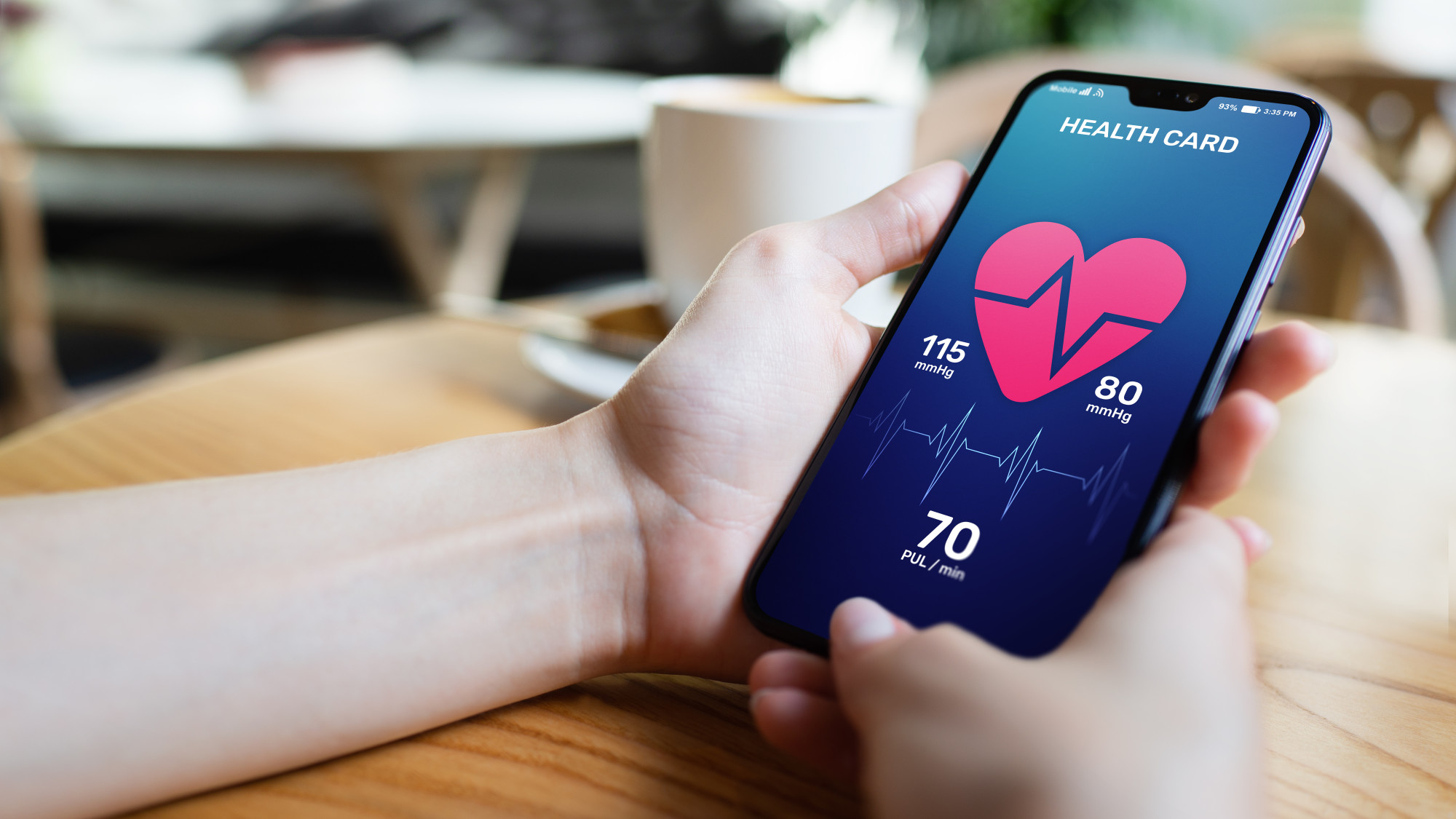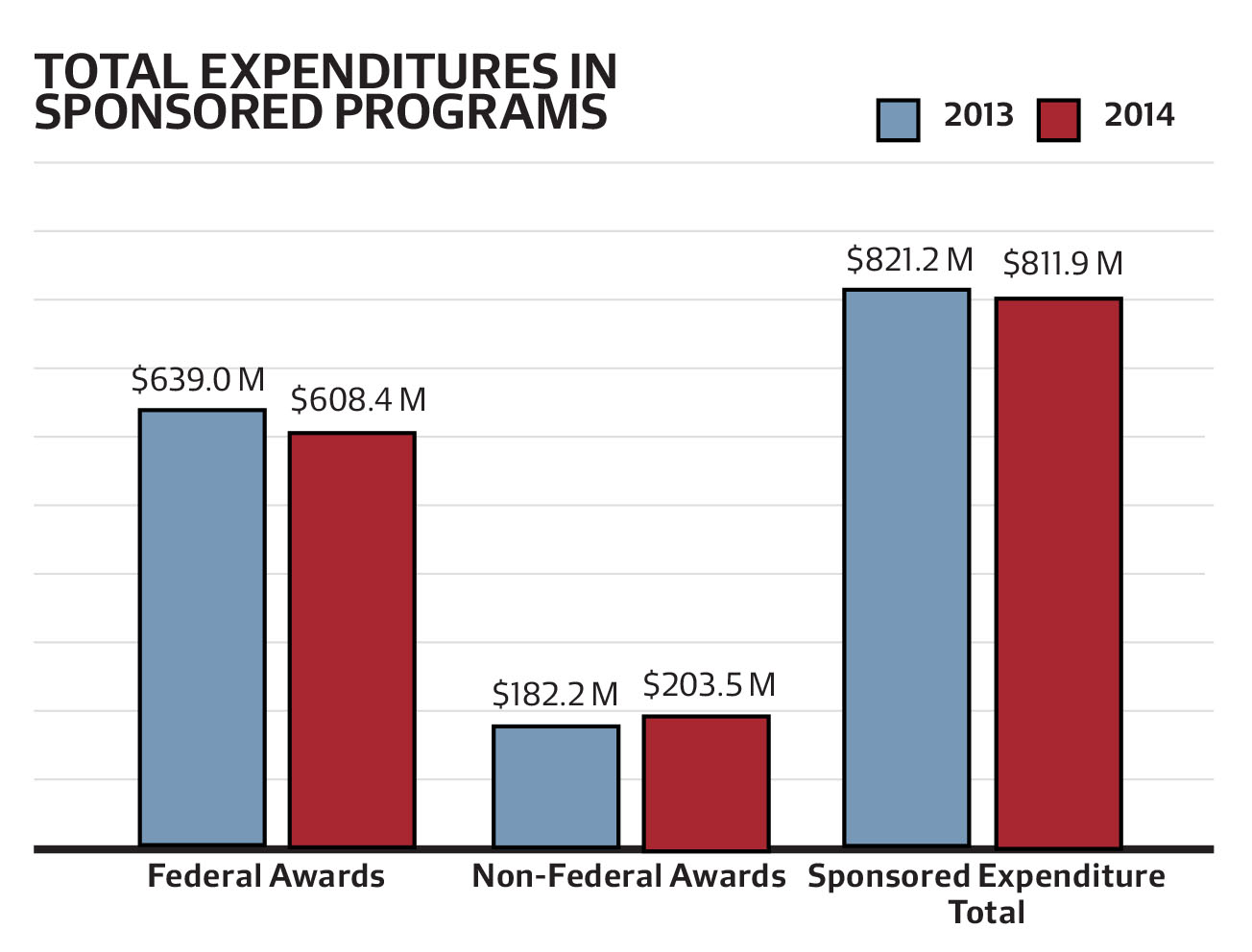Mobile health apps are revolutionizing the way we manage our health by offering personalized health support right at our fingertips. These innovative digital healthcare solutions are designed to assist users in maintaining medication adherence, particularly crucial for patients undergoing challenges like cancer recovery. By utilizing sophisticated algorithms and reinforcement learning principles, these apps provide tailored interventions that adapt to individual needs in real-time. For instance, cancer recovery apps leverage this technology to ensure that patients receive the right support when they need it most, enhancing their overall recovery experience. As technology evolves, mobile health apps are becoming essential tools in our healthcare journeys, making health management more accessible and efficient than ever before.
Smartphone applications in the healthcare sphere, often referred to as health tech tools, are rapidly transforming patient care. These cutting-edge tools are designed to offer individuals customized health management and real-time support through advanced algorithms. For those dealing with serious illnesses, such as cancer, these applications are critical in helping patients adhere to their treatment plans while navigating complex medication schedules. With a focus on enhancing user experience, many healthcare apps now use adaptive technology to refine their recommendations based on user interactions, promoting effective health behaviors. As an integral part of modern medicine, these tools represent a significant advancement in patient engagement and health outcomes.
The Role of Mobile Health Apps in Cancer Recovery
Mobile health apps are revolutionizing the way cancer patients manage their recovery processes. By utilizing algorithms that offer personalized health support, these applications provide tailored recommendations and reminders that adapt to the unique needs of each patient. For instance, a mobile health app can track medication adherence and medical appointments while offering motivational prompts that encourage patients to stay on track. This tailored approach not only facilitates better adherence to treatment plans but also enhances the overall recovery experience for patients navigating the complexities of cancer therapies.
In particular, mobile health apps equipped with reinforcement learning algorithms can learn from daily interactions, ensuring that the support offered is relevant and timely. These apps analyze user behavior and outcomes, adjusting their functionalities based on feedback—this could mean sending a gentle reminder when a patient misses a medication dose or providing uplifting content during a particularly tough week. Such capabilities make these apps valuable tools that can significantly improve patient engagement and health outcomes.
Personalized Health Support: A Game-Changer in Digital Healthcare
Personalized health support is increasingly becoming a cornerstone of digital healthcare solutions. As technology advances, healthcare professionals are recognizing the importance of tailoring care to the individual needs of patients. Mobile health apps that incorporate AI and reinforcement learning techniques offer a level of customization that traditional methods cannot match. This approach not only addresses the specific requirements of patients but also fosters a deeper understanding of their individual health journeys.
The concept of just-in-time adaptive intervention is a key feature of these personalized health solutions. By delivering support in real-time and adjusting to changes in a patient’s condition or environment, these apps can help facilitate better health management. This method promotes adherence to medication schedules, improves lifestyle choices, and encourages proactive involvement in one’s health strategy, ultimately leading to more effective and enduring health outcomes.
Reinforcement Learning in Healthcare: How It Works
Reinforcement learning in healthcare is an innovative approach that uses algorithms to optimize patient care. This method involves training systems to recognize patterns in patient data and adapt their responses based on previous interactions. For example, a mobile health app designed for cancer recovery can utilize reinforcement learning to determine the most effective timing and content for medication reminders, thereby ensuring patients receive notifications when they are most likely to act upon them.
This adaptive learning not only enhances user experience but also improves medication adherence rates significantly. As patients engage with these intelligent systems, they are more likely to respond positively to personalized cues and support recommendations. Ultimately, reinforcement learning holds great promise for creating highly effective healthcare interventions that meet the evolving needs of patients.
Patient Medication Adherence: Breaking Down Barriers
Patient medication adherence remains a significant challenge in healthcare, with studies indicating that non-adherence contributes to adverse health outcomes and increased healthcare costs. Mobile health apps that focus on medication management are addressing this challenge by leveraging technology to provide real-time support to patients. These apps can send reminders, track doses, and even facilitate easy communication with healthcare providers, reducing the risk of missed medications and complications.
Moreover, creating an environment of accountability is crucial in fostering medication adherence. Many of these applications allow for the integration of social support systems, where caregivers or family members can monitor progress and encourage adherence through positive reinforcement. This multifaceted approach not only enhances compliance but also nurtures a supportive network, crucial for patients battling chronic conditions or recovering from intensive treatments such as cancer.
Innovative Features of Digital Healthcare Solutions
Digital healthcare solutions are marked by their innovative features designed to enhance user engagement. Many mobile health apps offer interactive experiences that go beyond simple tracking functionalities. For example, some apps incorporate games or quizzes to make the learning process enjoyable while simultaneously providing health-related education. This gamified element not only attracts users but keeps them invested in their health journey.
Furthermore, features such as personalized dashboards and visual health progress reports empower patients by giving them visibility into their health data. As users can see their improvements over time, it can motivate them to stick to health goals, whether it be adherence to medication protocols or maintaining regular health check-ups. The fusion of engagement and education makes these digital solutions not only functional but also enjoyable, improving overall health management.
Engagement Through Social Networks in Health Management
Integrating social networks into health management apps has revolutionized how patients receive support during their treatment processes. These mobile health apps facilitate connections among users, allowing them to share experiences, challenges, and successes. Such platforms create a sense of community among individuals facing similar health issues, fostering emotional support that enhances resilience and adherence to treatments.
These social interactions are essential, particularly for patients managing chronic illnesses such as cancer. Many health-related challenges can feel isolating; having access to a supportive network can alleviate feelings of loneliness and anxiety. By encouraging collaboration among peers, apps can foster a more holistic approach to health management, paving the way for not only better clinical outcomes but also improving the psychological well-being of patients.
Challenges and Solutions in Healthcare Algorithm Development
Developing effective algorithms for healthcare applications comes with its unique set of challenges. One significant barrier is ensuring that the data collected is accurate and actionable. Mobile health apps must navigate issues such as missing data and integration errors to deliver reliable outcomes. Solutions often involve refining data collection processes and employing sophisticated machine learning techniques that can continuously learn and adapt to emerging user trends and requirements.
Furthermore, collaborating with healthcare professionals during the development phase is crucial to creating products that truly meet patient needs. Involving clinicians and patients helps to identify practical challenges and tailor the algorithms accordingly. By addressing these variables, developers can enhance the reliability of healthcare apps, ensuring they serve as effective tools in improving patient care and health outcomes.
Enhancing Caregiver Collaboration with Mobile Health Solutions
Mobile health applications are becoming instrumental in enhancing collaboration between patients and their caregivers, particularly in challenging healthcare scenarios like cancer treatment. By enabling caregivers to monitor medication adherence and receive notifications about patient progress, these apps facilitate proactive involvement in the patient’s health management. This collaboration is crucial, as many caregivers shoulder significant responsibilities in managing complex treatment regimens.
The importance of caregiver involvement cannot be overstated. Research indicates that when caregivers are actively engaged and informed, patients are more likely to adhere to their medication plans and experience improved health outcomes. Mobile health solutions that focus on fostering communication and collaboration between patients and caregivers create a more supportive environment, ultimately leading to better management of chronic illnesses.
The Future of Digital Health Innovations
The future of digital health innovations looks incredibly promising, with ongoing advancements in technology poised to transform patient care. Continuous development in mobile health applications will allow for even more personalized health support, adapting to individual needs with unprecedented accuracy. Innovations in areas such as artificial intelligence, big data analytics, and wearable technology will create a more interconnected and responsive healthcare ecosystem.
Moreover, as healthcare continues to embrace digital solutions, there will be an increasing emphasis on user engagement and satisfaction. The goal will be to create user-friendly apps that not only manage health data but also enable patients to take an active role in their healthcare journey. Thus, the future of digital healthcare solutions promises not only to improve health outcomes but also to enhance the overall patient experience in the process.
Frequently Asked Questions
What are mobile health apps and how do they support personalized health?
Mobile health apps are digital healthcare solutions designed to provide personalized health support through monitoring, tracking, and guiding users in managing their health conditions. These apps leverage technologies like reinforcement learning to adapt to individual user needs, improving engagement and adherence to treatment protocols.
How can mobile health apps enhance cancer recovery?
Mobile health apps, specifically designed for cancer recovery, offer real-time feedback and reminders for medication adherence, support well-being, and provide resources tailored to the unique challenges faced by cancer patients. These apps help monitor symptoms and facilitate communication with healthcare providers, ultimately improving recovery outcomes.
What role does reinforcement learning play in mobile health apps?
Reinforcement learning in healthcare allows mobile health apps to learn from user interactions, optimizing support and interventions based on individual behavioral patterns. This technology enables apps to deliver timely, personalized prompts and encouragement, thereby increasing patient motivation and adherence to health regimens.
How do mobile health apps help improve patient medication adherence?
Mobile health apps designed to improve patient medication adherence utilize algorithms that send reminders, educational content, and motivational messages based on the patient’s past interactions. By personalizing these communications, the apps can significantly enhance adherence rates among users.
What are some examples of digital healthcare solutions for managing complex health issues?
Examples of digital healthcare solutions include mobile health apps like MiWaves, which helps individuals reduce cannabis use, and Oralytics, aimed at improving tooth-brushing adherence. These apps utilize sophisticated algorithms to adjust interventions based on user data, ensuring effective management of complex health issues.
Can mobile health apps provide support for caregivers of patients with chronic conditions?
Yes, mobile health apps can offer support for caregivers by providing tools for medication management, communication features, and emotional support resources. By enhancing the caregiver’s ability to assist patients, mobile health apps contribute to better health outcomes for both parties.
| Key Point | Details |
|---|---|
| Personal Healthcare Coach | Mobile health apps function like personal healthcare coaches, assisting patients in managing their health. |
| Reinforcement Learning Algorithms | The apps utilize sophisticated algorithms to adapt support based on real-time user needs. |
| Just-in-Time Adaptive Interventions | These interventions provide personalized support at critical moments, enhancing user adherence to health regimes. |
| Collaboration with Health Professionals | Researchers work with clinicians and scientists to develop targeted applications for specific patient groups. |
| Examples of Applications | Apps like ADAPTS HCT focus on cancer recovery, while MiWaves assists with cannabis use reduction. |
| Enhancing Patient-Caregiver Relationships | The apps aim to improve communication and support between patients and caregivers to improve medication adherence. |
| Data-Driven Improvement | Apps continuously learn from user interactions to refine their supportive measures. |
| Cost-Effective Solutions | Mobile health apps offer affordable options for health coaching, catering to users who may avoid traditional methods. |
Summary
Mobile health apps are revolutionizing the way patients manage their health by acting as personal healthcare coaches that fit in their pockets. These applications leverage advanced algorithms to provide personalized, just-in-time support that adapts to the needs of users, whether they are managing medications post-stem cell transplant or reducing substance use. Collaborating with healthcare professionals, these mobile apps aim to improve communication between patients and caregivers, ultimately enhancing adherence to treatment plans. By continuously learning from user interactions, mobile health apps not only make health management easier and more engaging but also serve as an affordable alternative to traditional coaching. As technology advances, these apps promise to play an increasingly vital role in personal health management.



